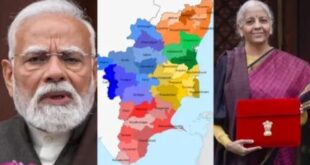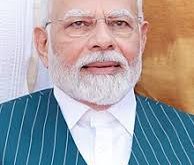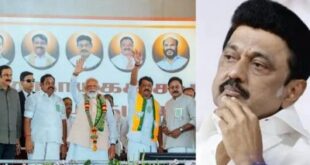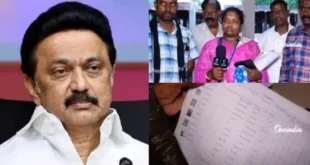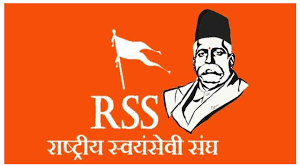The central government, under Prime Minister Narendra Modi, and the Mahayuti government in Maharashtra have made women’s empowerment a top priority, focusing heavily on their economic and educational advancement as key drivers of national development.
This approach reflects the recognition that the elevation of women’s status is vital for fostering overall growth. Several programs have been implemented to improve women’s lives across various sectors.
One of the most impactful initiatives is the “Ladki Bahin” financial aid program. Originally introduced by Shivraj Singh Chouhan in Madhya Pradesh and later expanded to Maharashtra by Deputy Chief Minister Ajit Pawar, this scheme provides Rs. 1500 monthly (Rs. 18000 annually) directly to the bank accounts of eligible women. Over 1.5 crore women have already benefited from the first installments, with a firm commitment from the government to continue its support.
In addition to financial aid, the governments have made significant progress in enhancing educational access for girls from economically disadvantaged families. Free higher education is now available to girls from families earning less than Rs. 7.5 lakh annually. This initiative provides them with access to expensive vocational training and aims to improve their future employment opportunities by equipping them with valuable skills.
The governments have also addressed the economic challenges posed by fluctuating domestic gas prices, exacerbated by global issues like the Russia-Ukraine conflict. The Chief Minister’s Annapurna Yojana was introduced to provide three free LPG cylinders annually to women from economically weaker sections, easing the financial strain on households. Additionally, the Ujwala Yojana from the central government has played a crucial role in providing gas connections to households, reducing health hazards from smoke generated by traditional cooking methods.
Further evidence of the commitment to women’s welfare comes from savings schemes like Sukanya Samriddhi Yojana and transportation benefits, such as free bus travel for women in Karnataka and a 50% discount in Maharashtra. This discount not only benefits women but has also led to the State Transport Corporation’s first profitability in nine years.
On the political front, the central government’s push for reservations for women in the Vidhan Sabha and Lok Sabha is a bold step toward increasing their influence in governance. Initiatives like requiring the mother’s name on official documents and extending maternity leave from 12 to 26 weeks demonstrate a deep respect for women’s roles in society and the workforce.
These efforts extend to housing and legal reforms. The Pradhan Mantri Awas Yojana prioritizes women as property owners, and the abolition of triple talaq is a pivotal measure toward ensuring women’s financial and social security, as well as their dignity.
Together, these wide-ranging initiatives represent a decisive move toward gender equality and the empowerment of women in India. By addressing areas like education, economic empowerment, health, and political participation, the government is laying the groundwork for a society that values women’s contributions as essential to its progress and success.
 Newspatrolling.com News cum Content Syndication Portal Online
Newspatrolling.com News cum Content Syndication Portal Online
